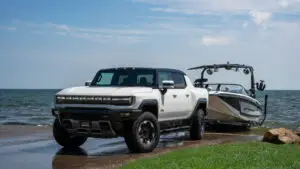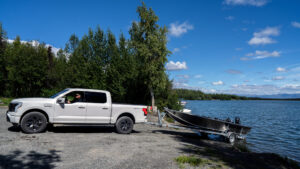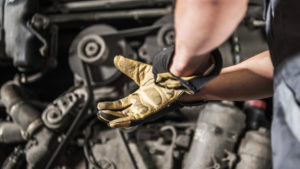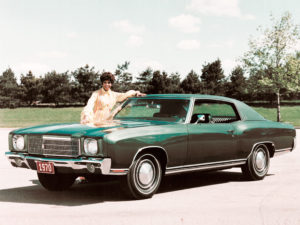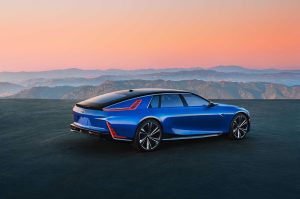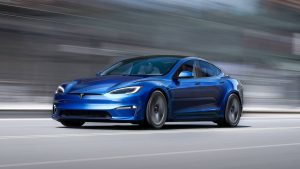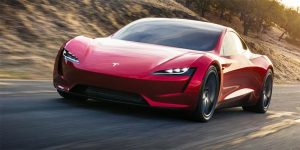Toyota and Hyundai aren’t the only automakers getting into the extra terrestrial mobility game. A new partnership between Lockheed Martin and General Motors will develop the next generation of lunar vehicles to transport astronauts to the surface of the Moon.
NASA’s Artemis program has plans to send Americans back to the moon. Like the military did when they asked for an off-road-worthy transport vehicle for combat support use in the early 1940s, NASA is asking the automotive and aeronautics industry to develop a Lunar Terrain Vehicle (LTV) to enable astronauts to explore the lunar surface father than ever before. The Apollo rovers only ventured 4.7 miles.
Lockheed Martin brings a 50-year history of working with NASA on a variety of deep-space human and robotic spacecraft, such as NASA’s Orion exploration-class spaceship for Artemis, to the table. The company’s crafts and systems have been to every planet in the solar system.
Lockheed Martin General Motors Partner to Develop Next-Generation Lunar Rover
www.youtube.com
“This alliance brings together powerhouse innovation from both companies to make a transformative class of vehicles,” said Rick Ambrose, executive vice president, Lockheed Martin Space. “Surface mobility is critical to enable and sustain long-term exploration of the lunar surface. These next-generation rovers will dramatically extend the range of astronauts as they perform high-priority science investigation on the Moon that will ultimately impact humanity’s understanding of our place in the solar system.”
General Motors, which first worked with NASA during the Apollo missions and helped develop the Apollo Lunar Roving Vehicle (LRV), that was used on Apollo 15-17 missions, is bringing its electric battery and autonomous vehicle technology know-how to the partnership.
“General Motors made history by applying advanced technologies and engineering to support the Lunar Rover Vehicle that the Apollo 15 astronauts drove on the Moon,” said Alan Wexler, senior vice president of Innovation and Growth at General Motors. “Working together with Lockheed Martin and their deep-space exploration expertise, we plan to support American astronauts on the Moon once again.”


